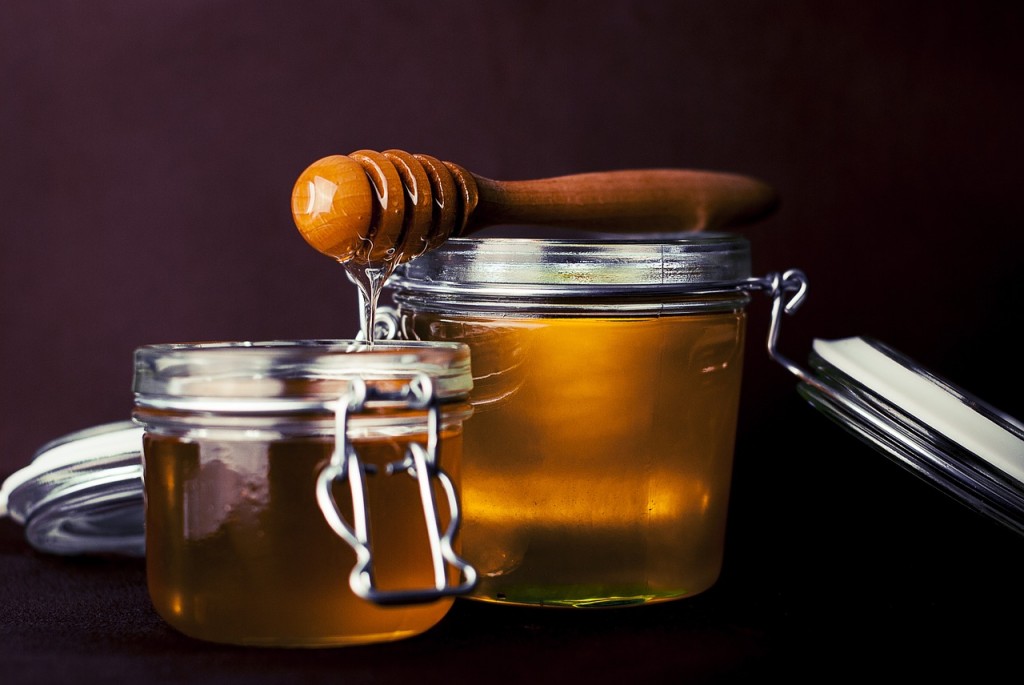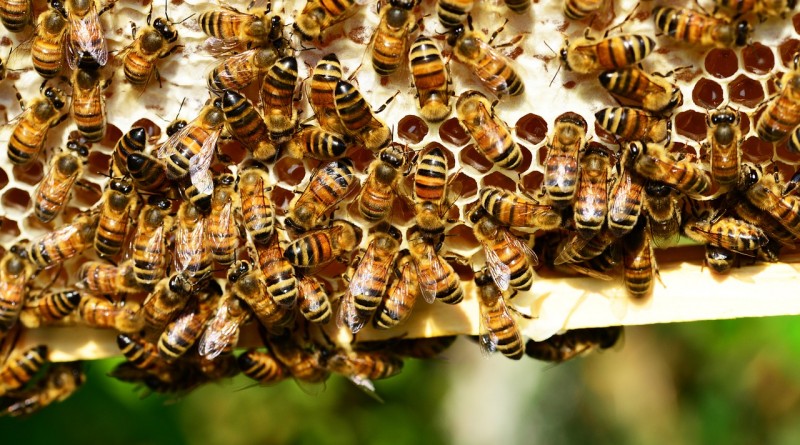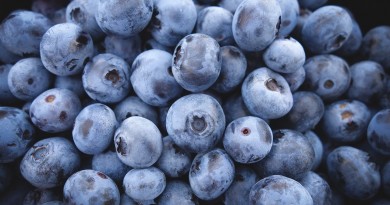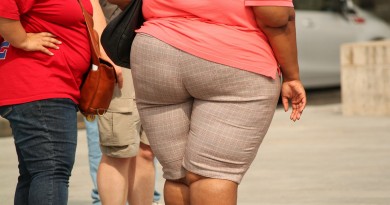Does local honey prevent hay fever?
SHORT ANSWER
A lot of people think so, but there’s not much scientific evidence to support this theory.
FULL STORY
Local honey contains the same local pollen which causes your hay fever – so the theory here is that ingesting small amounts of it will increase your tolerance and prevent allergic reactions.
Some beekeepers claim the fact people have little “contact with local pollen” means they have a strong reaction when they breathe it it.
Supporters of the remedy recommend “raw, unfiltered honey” produced locally.
But does it work?
Sadly, there’s no strong scientific evidence for it.
A 2002 study tested the effects of eating local honey and non-local honey among allergic rhinoconjunctivitis sufferers.
“Neither honey group experienced relief from their symptoms in excess of that seen in the placebo group,” the researchers found.
Perhaps it is telling that the NHS advice on treating allergies does not mention honey.
However, it’s specific advice on hay fever does talk about immunotherapy. Again there’s no mention of honey, but it talks about “gradually introducing you to small amounts of the allergen (the substance you are allergic to), such as pollen”. The idea is to “slowly build up an immunity”.
Please note, this treatment is only carried out in specialist medical centres in case a serious allergic reaction occurs.
Still, for ordinary hay fever sufferers a little honey should be fine.
It may not be scientifically proven to work, but even if it doesn’t you’ll still be supporting local bees and local beekeepers – and eating delicious honey.
So grab one of those weird honey spoon things (see below) and enjoy!





